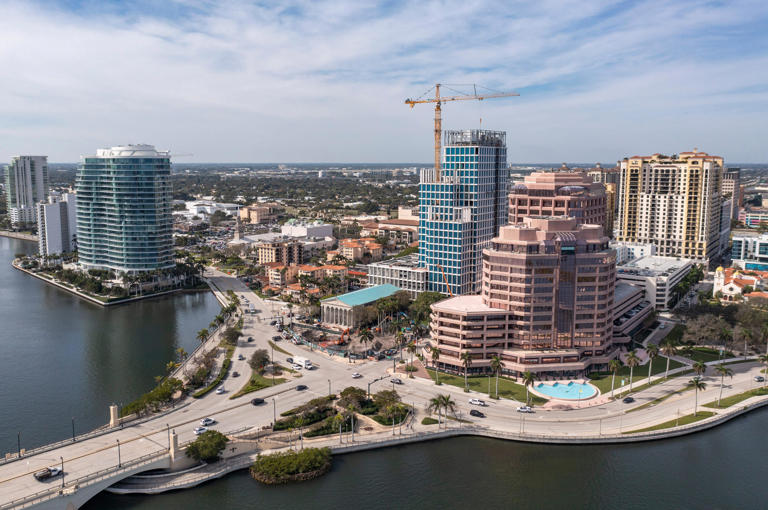As Tax Day approaches, bringing with it a moment of reflection on personal finances, a recent study by the personal finance site Self Financial has unveiled a startling statistic: the average American will shell out a staggering $524,625 in taxes over their lifetime. This eye-opening figure not only underscores the considerable financial burden borne by individuals but also prompts a deeper examination of the regional disparities in tax obligations across the United States.
Delving into the regional breakdown of tax burdens reveals a striking contrast among different states. Topping the list of states with the highest lifetime tax costs is New Jersey, where residents face a staggering lifetime tax burden of $987,117. Following closely behind is the nation’s capital, Washington, D.C., with a lifetime tax tab of $884,820, while Connecticut and Massachusetts round out the top four with respective burdens of $855,307 and $816,700. In stark contrast, West Virginia emerges as the state with the lowest lifetime tax cost, totaling a comparatively modest $358,407.
These findings shed light on the significant impact of geographical location on individuals’ financial obligations and highlight the importance of understanding regional tax structures when planning for the future. For many Americans, the prospect of shouldering such substantial tax burdens prompts a reassessment of their financial priorities and long-term strategies.
The COVID-19 pandemic has played a pivotal role in reshaping migration patterns across the country, as remote work arrangements and shifting priorities prompt individuals and families to seek out states with more favorable tax climates. Census data underscores this trend, revealing a notable uptick in interstate migration, with millions of Americans relocating in pursuit of lower tax burdens and improved quality of life.
New Jersey, in particular, has experienced a pronounced outflow of residents, as evidenced by its top ranking for outbound migration in the 2023 National Movers Study. This trend is mirrored in other high-tax states such as California, Illinois, Kansas, Massachusetts, and New York, all of which have witnessed significant population declines.
Conversely, low-tax states have emerged as magnets for individuals seeking relief from exorbitant tax burdens. States like Alabama, Arkansas, New Mexico, North and South Carolina, South Dakota, and West Virginia have seen an influx of newcomers drawn by the promise of lower taxes and improved affordability.
However, the allure of low-tax states is tempered by other considerations, such as varying costs of living and disparities in public services. While states like Florida boast no state income tax, residents may face higher insurance premiums and reduced public education funding. Thus, the decision to relocate involves a careful weighing of the trade-offs between tax benefits and quality of life considerations.
In conclusion, the lifetime tax burden faced by Americans serves as a poignant reminder of the complex interplay of economic factors and regional disparities shaping individuals’ financial trajectories. As Tax Day looms on the horizon, many find themselves grappling with tough decisions regarding their long-term financial futures, weighing the allure of low-tax states against broader considerations of quality of life and economic opportunity.
